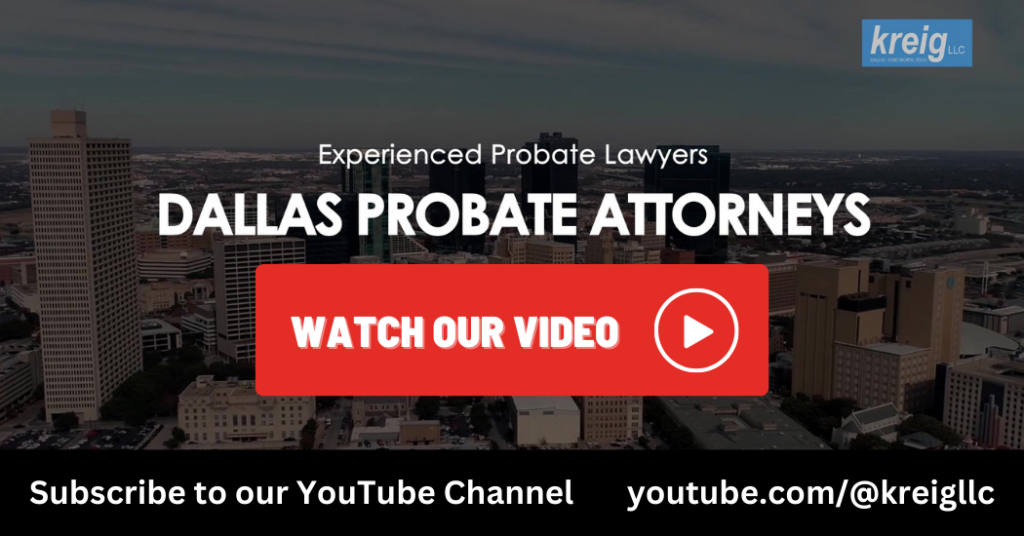Texas probate courts possess wide-ranging authority to order relief on matters not directly pled in the original probate pleadings. This exceptional power provides the probate courts with considerable flexibility to fully and equitably resolve probate disputes. The Sivley v. Sivley, 972 S.W.2d 850, 855 (Tex. App. — Tyler 1998, orig. proceeding) case helps to understand this concept.
Facts & Procedural History
The facts of the case are simple. The decedent owned a business, and was married to his wife. At one point, they divorced, and his now ex-wife was awarded a large financial judgement from the decedent’s business assets, which meant he had to pay her from his business income.
At one point, the decedent violated the court’s orders in regards to the payment to his ex-wife, and a receiver was appointed by the courts to ensure it was paid. Unfortunately, the decedent, who had remarried at this point, passed away before the debt was paid off completely. This led to his ex-wife and the court-ordered receiver, whom seek the unpaid debts to paid, to file an application for a temporary estate administrator with the probate court. On the other hand, the decedent’s new wife filed an application to be named the estate’s administrator.
What are Probate Courts?
A probate court in Texas is a specialized judicial body designed to handle all matters related to estate and trust administration, will validation, and disputes arising from probate proceedings.
Probate judges are tasked with appointing executors to administer estates, validating wills, overseeing the distribution of estate assets, resolving any conflicts between heirs or beneficiaries, and managing guardianships for minors and incapacitated persons. The jurisdiction of Texas probate courts is limited exclusively to probate matters.
Relief Beyond Pleadings
Unlike most courts that are confined to only ruling on the specific issues raised in the pleadings filed with the court, Texas probate courts possess the unique authority to grant relief on ancillary matters beyond what is directly alleged in the initial probate pleadings. This enables the probate court to fully resolve probate disputes in their entirety, even when peripheral issues outside the scope of the original pleadings arise during the course of probate proceedings.
The probate court may also grant relief on matters that are not explicitly mentioned in the pleadings. For example, if there is evidence of fraud or duress in the execution of a will, the court may set aside the will and appoint a new executor. Similarly, if there is evidence that a beneficiary is not entitled to receive assets from an estate, the court can order those assets to be transferred to another party.
If the probate court determines that ordering relief on a tangential matter is necessary to adequately protect the interests of the estate and beneficiaries involved, the court has broad discretion to take appropriate action.
Types of Relief Available to Texas Probate Courts
Texas probate courts are empowered to order many different forms of relief when needed to satisfy the demands of justice and equity in probate proceedings. Some examples of the relief Texas probate courts can grant include:
- Removing or replacing executors or administrators found to be deficient or abusive of their powers
- Compelling the sale of estate property when deemed advantageous to beneficiaries
- Adjudicating and settling creditor claims against the estate
- Making determinations regarding ownership interests and heirship when disputes arise
- Reforming deeds, titles, or other estate planning documents to correct errors
- Modifying or setting aside previous probate orders that are disadvantageous
- Enforcing prior court rulings from outside probate proceedings, such as divorce judgments
Provided the relief granted reasonably relates to the overall probate matter and original pleadings filed, Texas probate courts have broad leeway to order appropriate remedies.
In this case, the probate court named the decedent’s surviving wife the administratrix of the estate on the contingent one of the decedent’s businesses would be transferred to the ex-wife as relief for the outstanding debt.
The Takeaway
The goal of Texas probate courts is to protect beneficiaries and estates. As such, they can grant necessary relief related to the overall matter, even if not specifically pled. Their flexibility allows complete resolution of probate issues through relief, although it must reasonably relate to original pleadings.
Our Dallas Probate Attorneys provide a full range of probate services to our clients, including helping with court-ordered relief. Probate is what we do. Affordable rates, fixed fees, and payment plans are available. We provide step-by-step instructions, guidance, checklists, and more for completing the probate process.We have years of combined experience we can use to support and guide you with probate and estate matters. Call us today for a FREE attorney consultation.
Disclaimer: The content of this website is for informational purposes only and should not be construed as legal advice. The information presented may not apply to your situation and should not be acted upon without consulting a qualified probate attorney. We encourage you to seek the advice of a competent attorney with any legal questions you may have.
Don't miss out, get a copy today!












